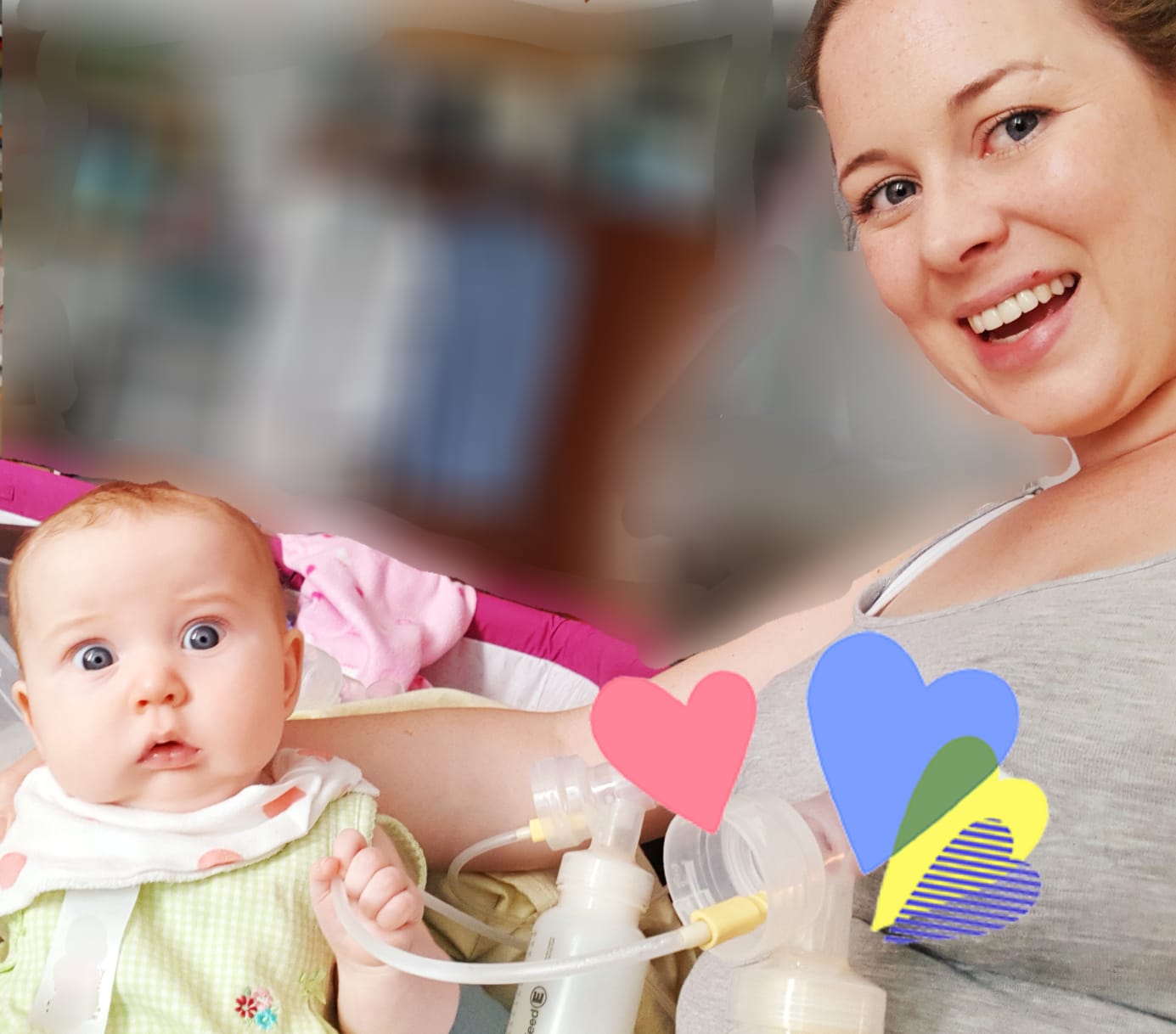Have you heard of Naming Ceremony?
/A Naming Ceremony is a celebration of family and life. This is a great way to bring your family and friends together. The Ceremony is written in conjunction with the parents and a Celebrant to create a personalised and meaningful occasion. It usually includes bestowing a name on your child and declarations of promises and commitments from the parents and guide parents and other important people in the child’s life.
Naming Ceremonies can be held in the home or at a venue of your choosing but not in a Church. They are also not officiated by a Priest but by a Celebrant. Although a Naming Ceremony is secular in its origin, it is entirely the personal choice of the parents as to whether any religious content, from any faith, is included. Having contact with your Celebrant is the best approach as you can use their experience to make the ceremony exactly how you have envisaged it. The Ceremony can be either relaxed or formal. You have total freedom to create a memorable experience for your family and loved ones.
Some parents like their other children in the ceremony. Their siblings can choose to write and say a reading or poem, or perhaps make their own commitments. They may want to make a promise to help look after their new sibling. As a family you may like to light unity candles or have a sand blending ceremony, the action of doing something like this as a family can be significant in bringing you all together.
In the ceremony you can incorporate readings, poetry and music. The most important part is choosing the aspects that are special to you and your family. Parents will declare their hopes and wishes for their child’s future and will share this experience with family and friends.
Naming Ceremonies will include the bestowing of a name - this is where the child is named, perhaps giving the reasons for choosing that name, maybe it was an ancestral name or perhaps had an interesting history. This marks the very first time that a child is introduced to their community using their new given name
Guide parents are chosen to make commitments to support and guide the child as they grow and they will make themselves available should the child ever need them for advice, care, guidance or help, this is similar to the role of God Parents. Promises may be made by Guide parents, they can either answer questions asked by the celebrant during the ceremony, or they can prepare their own promises to your child - in doing this their role becomes even more personal to them. You will be surrounding your child with loving role models to nurture them and have a positive impact on their life.
The duration of a Ceremony will depend on how many Ceremony enhancements, readings/poems you include, a Naming Ceremony usually last around 25-30 minutes
Some parents like to personalise the ceremony to include symbolic elements such as the lighting of unity candles, a sand blending ceremony, hand and foot prints as a keepsake or the planting of a tree (if the ceremony is being held in your home).
Naming ceremonies are not legally binding and do not have any legal status, although you may be presented with a record of the ceremony as a token of the day.
Naming ceremonies can also be tailored to welcome adoptive children and step-children into a new, extended family or relationship.
My name is Carol Colman and I am an accredited Celebrant with the Irish Institute of Celebrants. I am based in Dublin and I also cover surrounding counties. I can be contacted through my website www.loveisallyouneed.ie ,on Facebook Carol Colman Family Celebrant or by email at carolcolman57@gmail.com. I as a Celebrant will offer home consultation, alternatively you can choose to have contact through online platforms such as Skype, WhatsApp or other video call software, but if it’s possible, I would recommend meeting person – but as a parent myself I fully understand how precious your time is with a new arrival or toddler.
Throughout the process, I will discuss the options to personalise the ceremony and will get to know you so I can tailor a ceremony to suit your family needs.
I am an expert in creating bespoke celebrations that people love. I can help you by guiding you through what can be involved in the ceremony and also giving some ideas you may not yet have considered.
My Special Offer to anyone who quotes DoulaCare in their contact email to me is that they will receive their Ceremony for €200 (Usual price €250)
Here is some inspiration for things you may want to include:
A book can be available at the celebration which guests are asked to sign or write a message and good wishes for the future for the child and the family.
Guests could be asked to bring something small for the child, such as a letter or a flower, which is collected at the start of the ceremony.
The celebrant can ask if any guests would like to say anything about the child after the ceremony.
A video can be made with guests saying a message for your child at some point in the future.
Creating a naming certificate with the details of the day and name which can be kept after the day for the child.
Planting a tree either as part of the ceremony or after at your home. This can symbolise growing as family.
A Sand Blending ritual can be a nice addition if there are other children in the family







